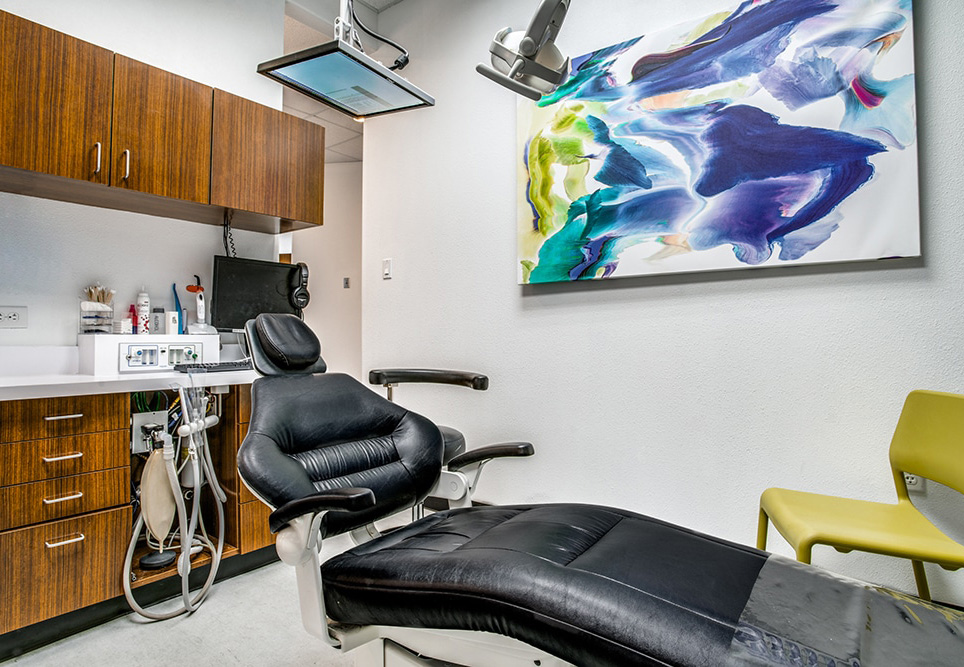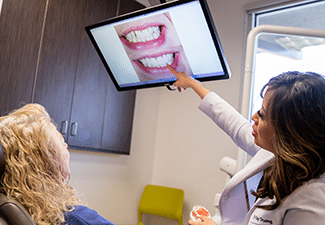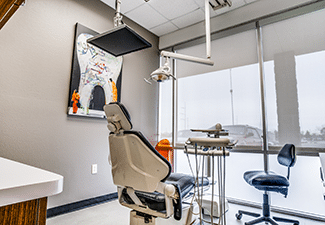 When your teeth are healthy, the protective layer of enamel that surrounds them should shield your main tooth structure from feeling anything other than the pressure of your bite. Therefore, when your teeth become sensitive, it’s typically an indication that this protection, or another area of your tooth structure, is in trouble. Today, we examine a few common reasons behind chronic tooth sensitivity, and what you can do to alleviate the discomfort before it grows worse.
When your teeth are healthy, the protective layer of enamel that surrounds them should shield your main tooth structure from feeling anything other than the pressure of your bite. Therefore, when your teeth become sensitive, it’s typically an indication that this protection, or another area of your tooth structure, is in trouble. Today, we examine a few common reasons behind chronic tooth sensitivity, and what you can do to alleviate the discomfort before it grows worse.
Improving Your Dental Hygiene
Good hygiene is the key to keeping your tooth enamel strong and healthy. Every day, your teeth are attacked by harmful oral bacteria and the substances they produce, and brushing and flossing your teeth is the only way to remove them. If your teeth have become sensitive, your enamel may be growing thin due to ineffective hygiene practices.
Improving Your Eating Habits
If you snack often on things like sugar and acidic foods, then the destruction of your tooth enamel will become even more apparent. Oral bacteria produce harmful substances by metabolizing nutrients from your food, like sugar. The more often you snack, the more often they can attack and weaken your teeth.
Visiting Your Dentist
Visiting your dentist regularly is an essential part of a good hygiene routine. It’s also the best way to determine if your teeth have become weak and susceptible to tooth decay (bacterial infection). During your visit, your dentist can thoroughly examine your teeth to determine why they’re sensitive, and then recommend an appropriate treatment plan to restore their good health and comfort.
Find a Way to Relieve Your Sensitive Tooth
For effective relief from your sensitive tooth, visit your dentist to find out why it hurts in the first place. To schedule a consultation, call the Viva Dental Family Dentistry office nearest you at (214) 337-7800 (Dallas) or (972) 437-6000 (Richardson).












